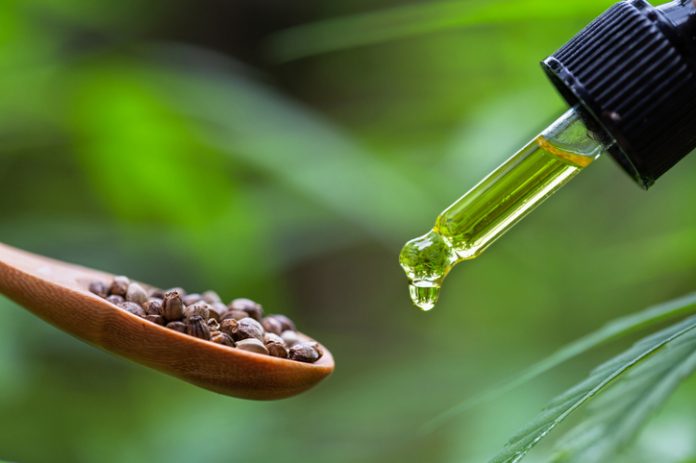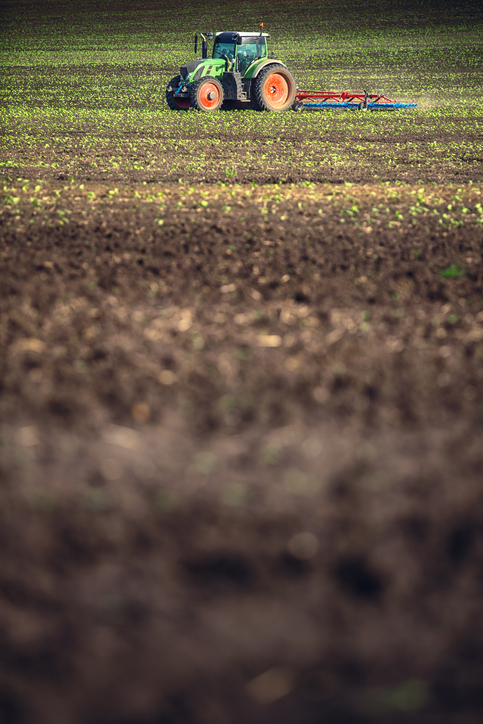Paul McCourt, CEO and Founder of Celtic Wind Crops, outlines his vision for the future when it comes to how growing hemp in the local community can help a global crisis
We are living in a time that requires great change. Greta Thunberg, climate change, Extinction Rebellion, all carry the same cry; save our planet. The pressure is on governments, politicians and lobby groups to radicalise their approach to reducing the impact on our natural environment. The time is now, to re-discover hemp. The fastest grown natural plant and renewable, sustainable energy source.
Over 10 years ago, I first started researching the idea of what a hemp business could bring to my local area. From reading about its tradition as the oldest naturally grown fibre, to be used to feed, clothe and shelter the early pioneers in the Americas, I was convinced this ancient crop — that had all but disappeared — had a role to play in today’s world.
Hemp businesses
When you create a hemp business in a local area, what it brings to the local economy is something extraordinary. For example, take 3,500 thousand acres of hemp. This would provide approximately 1,500 tonnes of hemp seed for food and 10,000 tonnes of straw that would break down into 6,000 tonnes of wood core, 3,000 tonnes of natural fibre and 1,000 tonnes of briquette for biomass energy. All these raw, natural materials can be used in countless industrial applications including fibre for textiles, bio-plastics and bio-composites, wood core (when mixed with lime binder is called hempcrete and can be used in the building industry for the construction of houses and for retrofitting of old buildings).
In addition to this, the hemp crop would capture over 11,000 tonnes of carbon from the atmosphere (equivalent to over 3,000 transatlantic flights from London to New York) – making it a carbon-negative business. In turn, the local farming community benefits as hemp provides a new cash crop with low inputs. Hemp can also be used as a break crop for improving grain yields, in-turn, it improves agricultural land and provides further jobs in our farming community.
Hemp production
Think of this another way. In an earlier article, I proposed changing 40% of the world’s agricultural land to hemp production. This would equate to over 2 billion acres. These numbers are for just one hemp business and to see the full impact of the change in agriculture like this, you would need to multiply the numbers above by 570,000 times. This equates to over 6 billion tonnes of carbon captured and 1.7 billion transatlantic flights or nine tonnes of CO2 per acre sequestered. The global impact of this type of natural sustainable business model is wide-reaching and cannot be ignored.
As the Amazon and world-ecosystems are now under real strain and pressure, we could literally rebuild the lungs of the planet of our major cities where carbon pollution is reaching epic proportions. Just last week, when I was in London, the news-headline ringing out was that ‘school kids are subjected to more than 5 to 6 times more pollution than children attending rural schools’. It really resonated with me how important, and what a difference, a hemp business model can really make in our cities, communities and ordinary people’s daily lives.
Typically, the infrastructure required for a hemp-type business would be between 30 to 50 people, depending upon the product range created from this. Hemp businesses are also modular and once the first step has been taken to create the raw material supply chain, the next step is the processing of the plant and this is called decortication. In other words, breaking the plant apart into its raw materials. Once this is done, the fibres and wood-core can be further processed into many different types of materials. The second business unit is a non-woven line for textile applications creating another 20 to 25 jobs. The third business unit is injection moulding for the production of bioplastics and biocomposites, creating another 30 to 50 jobs depending upon the product range. These three businesses together will employ up to and over 150 people and produce hundreds of natural sustainable products for several different industries and applications.
The impact of this to a local community is enormous. By creating local raw materials, you create local jobs, stimulate the local economy and in doing so, reduce the need for importing foreign goods into your local area. It is the reason why we believe the vision of growing hemp locally needs to be a world-wide global initiative. It is why Celtic Wind is a full-time member of the European Industrial Hemp Association (EIHA), British Hemp Association (BHA) and the American Hemp Association. It is, and remains, the reason we started Celtic Wind as we truly believe that hemp can change the world. However, it is our firm belief that the hemp industry, globally and locally, can really make that difference.
Please note: This is a commercial profile












